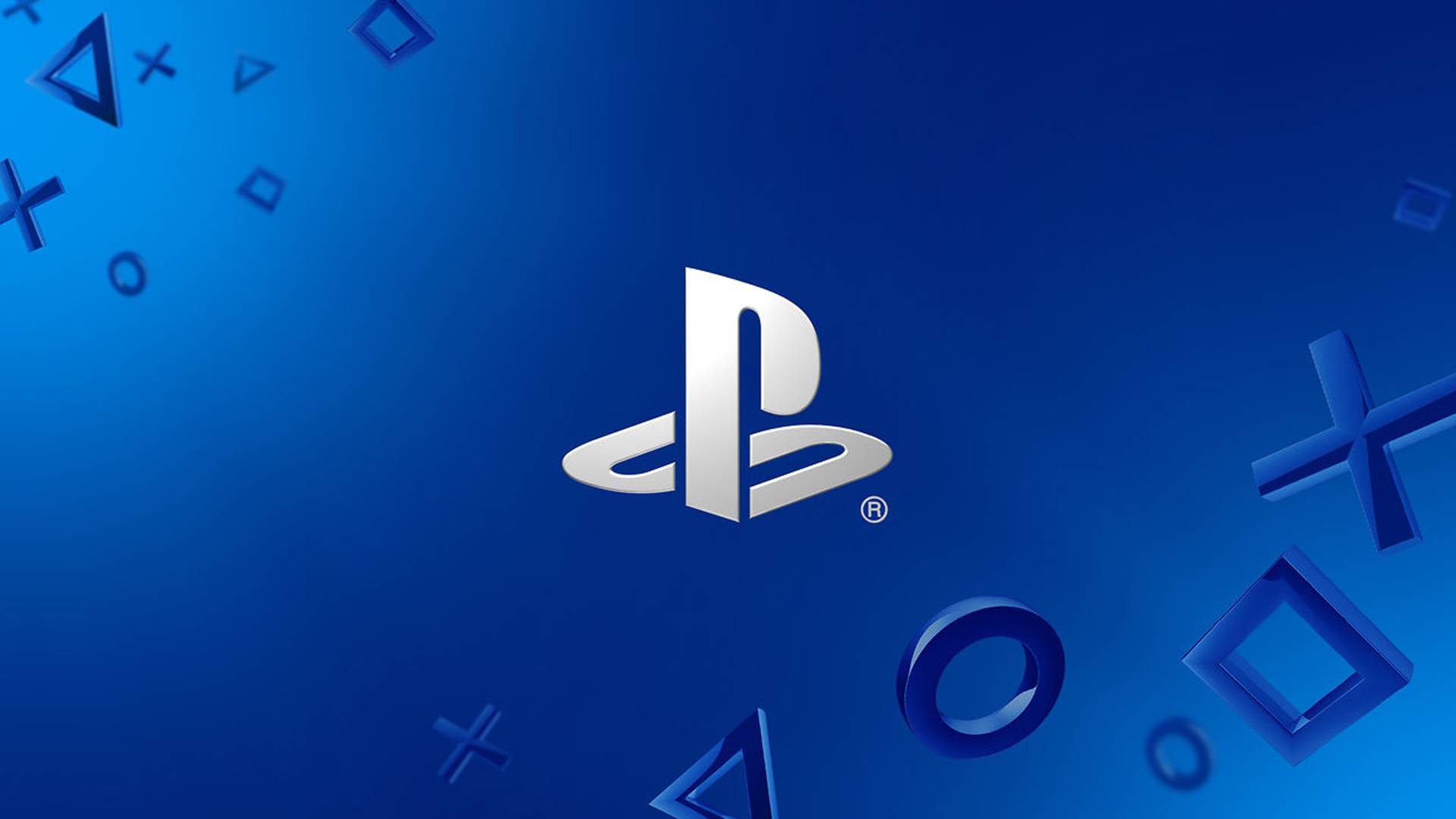Microsoft has faced mounting legal scrutiny over its decision to purchase Activision Blizzard, with much criticism focused on the potential for exclusive deals that create a competitive disadvantage for fellow rivals in the gaming space, like Sony. Call of Duty has become the focus of these arguments, despite Microsoft insisting it has no desire (or financial means) to make the franchise exclusive.
As the US Federal Trade Commission (FTC) began its investigation into the proposed deal, this argument once again reared its head – with anti-competitive concerns raised in opposition. Early rumours flagged a potential Microsoft concession to combat these complaints – and now, their legitimacy has been confirmed by Microsoft itself.
In a recent blog post for The Wall Street Journal, company president Brad Smith confirmed Microsoft had offered Sony a 10-year deal to keep Call of Duty on PlayStation, in support of its claims it would not prioritise exclusivity going forward.
‘The main supposed potential anticompetitive risk Sony raises is that Microsoft would stop making Call of Duty available on the PlayStation. But that would be economically irrational,’ Smith said. ‘A vital part of Activision Blizzard’s Call of Duty revenue comes from PlayStation game sales. Given the popularity of cross-play, it would also be disastrous to the Call of Duty franchise and Xbox itself, alienating millions of gamers.’
‘That’s why we’ve offered Sony a 10-year contract to make each new Call of Duty release available on PlayStation the same day it comes to Xbox. We’re open to providing the same commitment to other platforms and making it legally enforceable by regulators in the US, UK and European Union.’
Read: Activision Blizzard acquisition is about Candy Crush, says Microsoft
While these arguments have been shared publicly, it’s also likely they were provided as defences to both the UK Competition and Markets Authority (CMA) and the FTC investigations, as a means to circumvent popular arguments against the company’s acquisition of Activision Blizzard.
Microsoft has maintained the purchase is motivated largely by a need to expand the mobile games offerings of the company, and not by the potential exclusivity of titles – with Smith’s recent comments supporting this belief.
As the CMA investigation continues, and the FTC kick off its decision-making processes, it’s likely Microsoft will be required to double down on its stance and potentially provide further concessions to pass its proposed deal. The Call of Duty offer may be enough to persuade the CMA and FTC in the final stages of their inquiries – but we’ll have to wait to see the outcome of their decisions.





